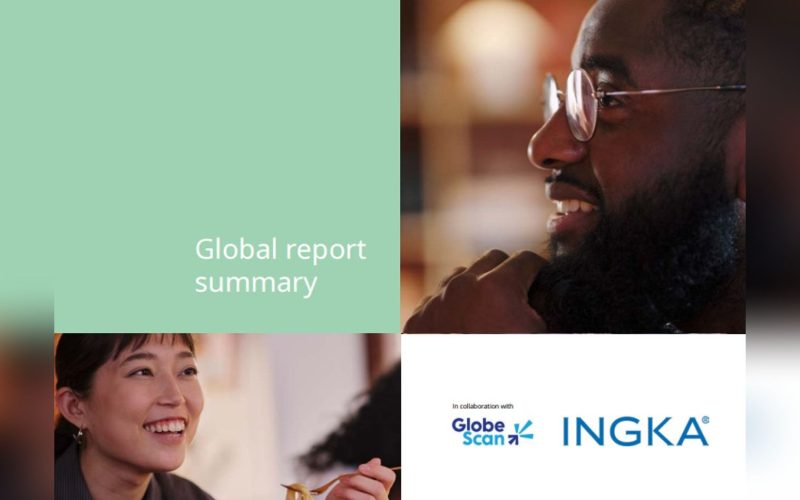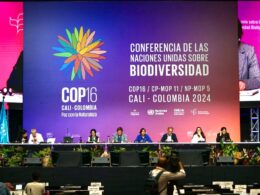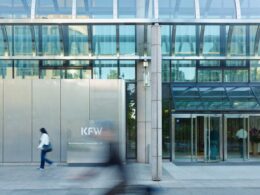A new global study has revealed a widening gap between public willingness to act on climate change and their ability to do so, as structural, financial and informational barriers continue to impede progress towards sustainable living.
Research by Ingka Group – the largest IKEA retailer – in partnership with insights consultancy GlobeScan, shows that while 81% of people are willing to take greater action against climate change, only 40% currently report doing so. The People and Planet Consumer Insights and Trends 2025 study, based on responses from more than 30,000 people across 30 countries, points to affordability, lack of government and corporate support, and uncertainty over which actions have the most impact as the three key obstacles.
Systemic barriers outweigh individual intent
Nearly half of respondents (46%) cite insufficient government support as a major barrier, while 39% point to a lack of business engagement. Another 44% say confusion about which actions matter most prevents them from doing more, and 41% identify cost as a limiting factor.
Karen Pflug, Chief Sustainability Officer at Ingka Group, said: “The world can only be sustainable if everyone can afford to live more sustainably. Affordability is a barrier in itself – many people feel excluded from acting because of cost. Sustainable living should not be a privilege.”
She added that Ingka Group’s initiatives – from affordable plant-based foods to second-hand resale services – are designed to make sustainable choices “accessible, easy and desirable”.
The intention–action gap
The report underscores that the challenge is not motivation, but enabling change at scale. Dr Patrick Elf, Associate Professor in Sustainable Business at Middlesex University, said the findings should prompt a shift in how behaviour change is supported: “Real change requires understanding not just what people do, but why. Climate anxiety can be turned into a driver of action – but only with systemic support. Businesses and governments must create enablers to make sustainable living the norm.”
A global pattern
According to GlobeScan Executive Director Caroline Holme, the findings are consistent across regions and generations, pointing to a shared global challenge. Many people, particularly younger adults, feel disillusioned by slow government and corporate progress, leading to disengagement rather than apathy.
“People across the world need access to sustainable products and services that fit into their daily lives,” Holme said. “They also need clarity on what makes the biggest impact and leadership by example from governments and business.”
Collaboration as the way forward
The People & Planet study aims to encourage dialogue on how barriers can be removed through collaboration. Later this month, Ingka Group will convene experts, including Elf, Holme, and Connor Hill, its Head of Circular and Sustainable Living, to discuss practical steps forward.
Concluding, Pflug urged collective responsibility: “People are ready to act, but they cannot do it alone. It’s time for governments, businesses and communities to step up together. Only through radical collaboration can we close the intention–action gap and make sustainable living affordable and achievable for all.”





















